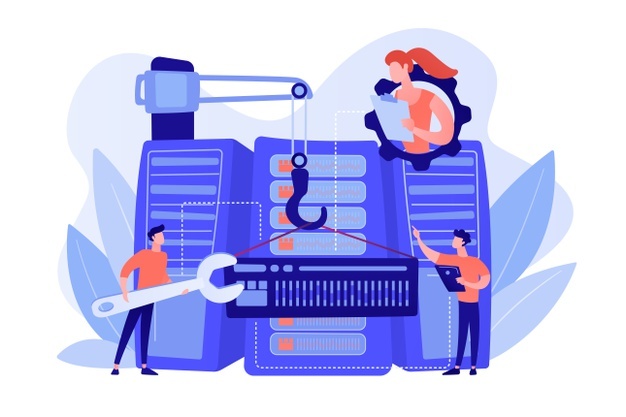a. The consent is given voluntarily
b. The consent is based on information a rational person would want, together with any other information requested and presented to them in understandable form.
c. The consenter was competent to process the information and make rational decisions.
d. Information has been widely disseminated.
e. The subject’s consent is offered by proxy by a group that collectively represents many subjects like interests, concerns and exposure to risk.
‘Engineering experiments are not conducted to gain new knowledge unlike scientific experiments’. Is this distinction necessary?
This distinction is not vital because we are concerned about the manner in which the experiment is conducted, such as valid consent of human subjects being sought, safety measures taken and means exist for terminating the experiment at any time and providing all participants a safe exit.
Features of morally responsible engineers in social experimentation
Conscientiousness: A primary obligation to protect the safety of human subjects and respect their right of consent.
Relevant information: A constant awareness of the experimental nature of any project, imaginative forecasting of its possible side effects and a reasonable effort to monitor them. Moral autonomy: Autonomous, personal involvement in all steps of the project. Accountability: Accepting accountability for the results of the project.

